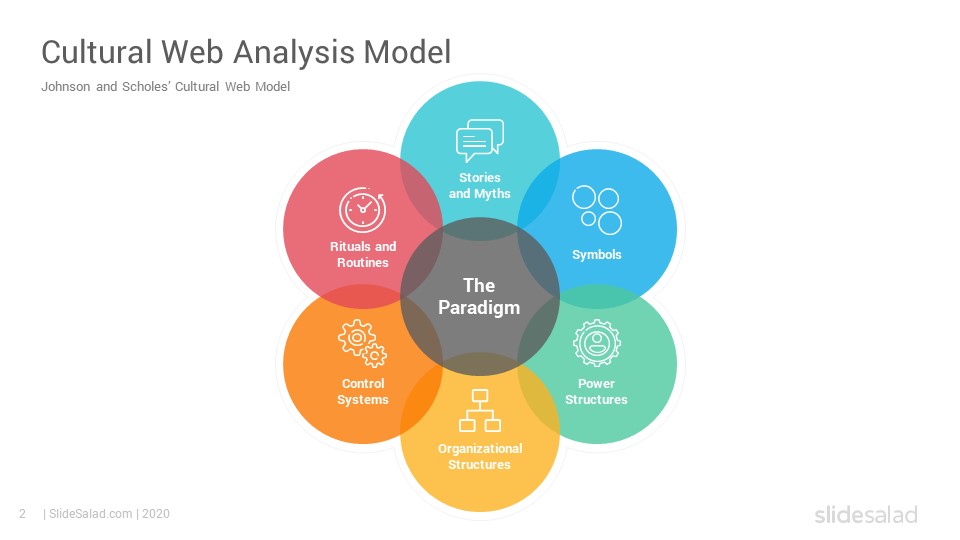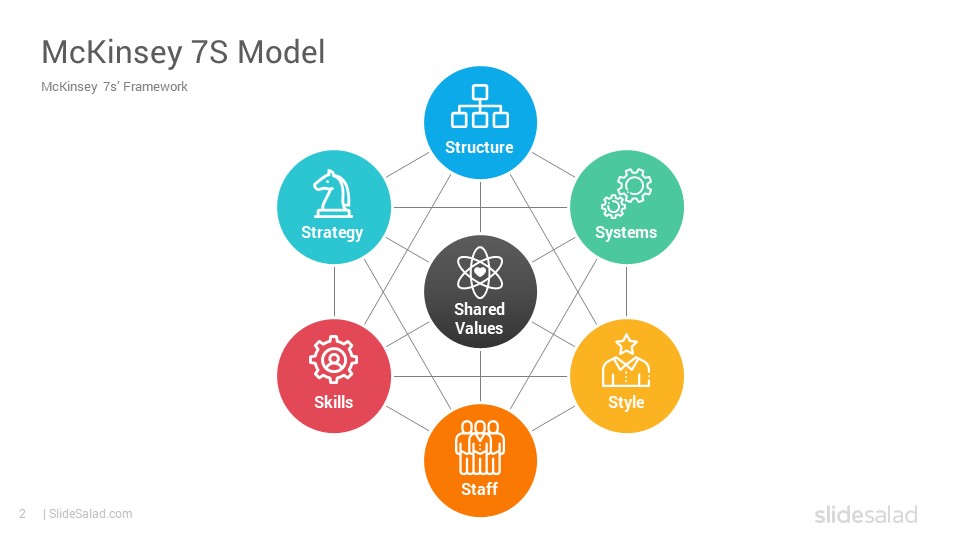Throughout this blog you’ll be going through organisational culture, its importance, what shapes Organisational Culture. You’ll also be provided with real world application for Morgan Stanley’s Organisational Culture. This blog will critically evaluate the various theories of organisational culture, problems within the organisational culture and solution to overcome those challenges.
Organisational Culture and Its Importance
Organisational Culture is collaborative ethics of an organisation which is followed and can be seen in the way of organisation performs their operations. (Mullins & Mclean, 2019). Organisational culture the way people work in particular organisation. Organisational Culture provides guides all the stakeholders toward the vision of an organisation. Organisational culture is among the most influential factors which can determine the success and fall of the organisation. (Hofstede,1998) Organisational Culture often provides guidance to the way in which organisation communicate, make decisions, cooperate, and commit to all the stakeholders. Various studies throughout the centuries have suggested that organisational culture and performance are correlated with each other positively. (Ng’ang’a & Nyongesa, 2012) Organisational Culture also impact the brand image among the stakeholders. Change in organisational culture leads to the point where a change in the performance of the organisation can be clearly visible.
Do National Cultures influence Organisational Cultures?
“National Culture can be defined as the collective mental programming of a society.” (Morden, 1995) Various studies have shown that national culture influences the organisation culture, but the extent of its influence is debated, and different countries influence organisational culture to different extents. (Gerhart, 2009) National Culture can influence the way of operation but the core embedded organisational culture is always carried on by the various branches of the particular organisation.
Morgan Stanley and Its Culture
Vision Statement
Mobilizing capital to deliver sustainable growth and long-term value.
Morgan Stanley was founded in 1935 by Henry Morgan, Herold Stanley, Dean Witter and Richard Reynolds. Morgan Stanley is an Investment Bank which falls in the financial services industry. Since its inception Morgan Stanley has seen various ups and downs in its 86-year journey but the culture of excellence has never changed in the organisation.
Since its foundation in 1935, Morgan Stanley has been followed only one path that is, “Deliver first-class business in first-class way”. According to the types of organisation culture described in a book, Organisation Behaviour in the Workplace, “Morgan Stanley follows the Task Culture”. In Morgan Stanley, Task is the main source of inspiration for each individual working in an organization. At Morgan Stanley, they believe in following the values which are already in place and generating strategy around it.
Problems within Morgan Stanley

Since 2010 Net Revenue of Morgan Stanley kept increasing with few exceptions but there is always a threat of ethical consideration while conducting deals and providing solutions to the clients. Morgan Stanley and its various subsidiaries have paid 99 billion dollars as a part of penalty to various agencies in different probes against them since 2000. Total cases against Morgan Stanley and its subsidies are 188 among them 158 cases are for financial offences, 13 cases are employment related offences. Competition related, Consumer protection related and Miscellaneous offences are 2, 6 and 5 respectively since 2000 (GoodJobsFirst, 2022). Financial offences alone stand for 84% of total number of offences. Implementation of Iceberg Model Suggest, Overt behaviour is irregular financial transactions to increase profitability and gain higher market share but there is something more to it which can be only seen by deep diving into its organisational culture’s covert aspects.
Core Values at Morgan Stanley.
- Do the Right Thing
- Put Client First
- Lead with Exceptional Ideas
- Commit to Diversity and Inclusion
- Give Back
In core value itself there is lack of moral and ethical considerations, Morgan Staley says its employees to do the right thing for the maximisation of long-term shareholder values which develops pressure on employees to perform well by hook or crook. Put Client First policy also undermines the collective benefit of the society and motivates employees to consider unethical and immoral ways to generate wealth for its clients. Lack of focus on ethical and moral ways to improve performance has led organization into above mentioned offences (Mclean, 2019).
Morgan Stanley’s Organisational Culture’s Suitability
Morgan Stanley provides numerous opportunities to its employees and partners for growth. Morgan Stanley has promoted its 171 employees in 2021 to the position of Managing Director (Morgan Stanley, 2022). More than 20000 women are the part of Morgan Stanley’s workforce (Morgan Stanley, 2022) which suggest that inclusion and diversity is also taken with great care while expanding its strengths. Morgan Stanley has also various programs through which they try to support underprivileged people and communities. This service for humanity also supports their core value of giving back to society. But, on the parameter of ethics and morals while conducting business needs to be changed. Morgan Stanley’s organisational culture majorly focuses on wealth maximisation through any means which is a major threat for an organisation while conducting a business. It may diminish the brand image of the organisation over a longer period of time.
Areas of Improvement for Morgan Stanley
Johnson’s cultural web has six different cultural elements which will help us to describe the areas in which Morgan Stanley can improve to be industry leader. Organisational culture is intangible which makes it difficult to measure which is a major drawback of the cultural web. Still, the Cultural web is among most used models to measure the organisation culture hence I have used that to describe areas of improvement. Morgan Stanley needs to improve on their Routines and Ritual. While conducting day-to-day tasks, they should include moral and ethical implications of the task. All the irregularities mentioned above happened due to lack of control and accountability. If proper control system will be implemented, Irregular transaction could be curbed easily. Improvement in accountability will also create fear in employees’ minds of getting disciplinary actions if caught. More Stories about Organisation’s commitment towards ethics and morals while taking decisions and conducting task in the past should be told to the employees which will boost their commitment to consider ethics and morals in day-to-day practise (Johnson and Scholes,2014).
Furthermore, McKinsey 7s Model also describes 7 areas where organisation can improve. Lack of Proper System aids employees to conduct immoral and unethical procedures to gain profits. Flow of System is also influenced by certain groups which require the improvement of system in Morgan Stanley. Style in which Morgan Stanley work also not focus on ethical and moral grounds with higher weight which can improved by change in style which focus and value ethics and morals with higher weights while conducting tasks (Peters, Waterman & Phillips, 1970)
All in all, Morgan Stanley has one of the best organisational cultures which has helped it reach among top players in the investment banking industry. But focusing on ethical and moral aspects while conducting business can help Morgan Stanley to achieve a good brand image. It will also help brands to avoid various financial crises which can arise in the long term. In short-term Profits and Revenue will decrease and Employees will not get as bonuses as high as other competitors, but it will help us to gain sustainable growth for the long term and which will protect employees from layoffs during crisis.








Come up with more evidence, but you are done great work. You have to try to improve in that is how organisational culture work it in nation and internationally. And differ it.
LikeLiked by 1 person
I’ll try to incorporate your suggestions. Thank you for your time and suggestion.
LikeLike
thank you for taking my suggestions and it has now became more solid than before
LikeLiked by 1 person
very nice bro, very good, insighful. please reply
LikeLiked by 1 person
Thank you for your kind words.
LikeLike
You done it very well but you can improve it by comparing it with international also.
LikeLiked by 1 person
Thank you for reading my blog. Can you provide more insight into what kind of international context?
LikeLike
Such a nice content you have presented here.
Thank you for giving the knowledge in particular organizational culture aspect. There are various factors which affect the culture and to understand them deeply we should have such knowledge.
All the best.
LikeLiked by 1 person
Thank you for your generous words.
LikeLike
Good work… Doing great… Keep it up
LikeLiked by 1 person
Hope you got a good insight about organizational culture. Thank you for your time given to this blog.
LikeLike
Greatly composed!
Completely agree on the idea of increasing controls in the organisation, as it’s the most logical step to do. But, do you think enforcing aggressive control systems would have a negative impact on employee satisfaction?
Cheers!
LikeLiked by 1 person
I do agree that changes are something which are resisted by some group of employees and hence I never favour harsh changes in one go they should be introduce subtly which allow room for employees to get familiar with new regulations without being uncomfortable
LikeLike
good insight into the Morgan Stanley culture
great job mate!
LikeLiked by 1 person
Thank you for your generous remarks
LikeLike